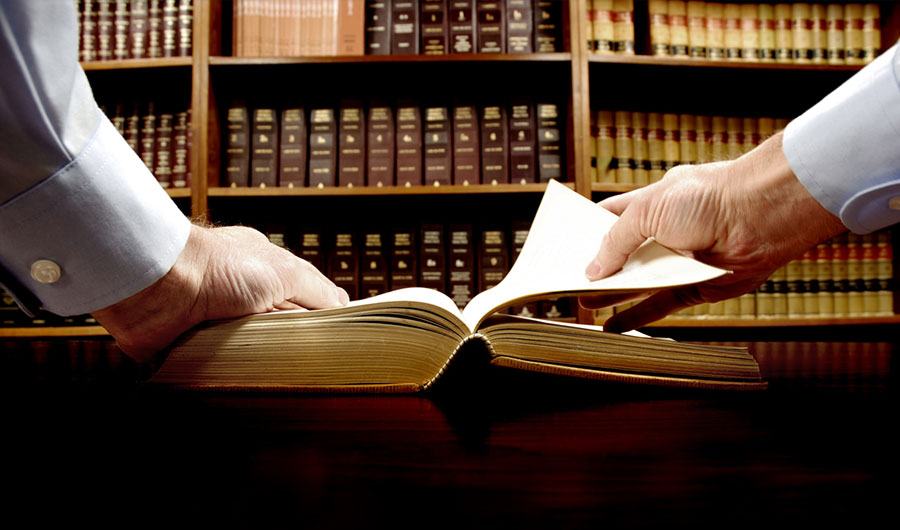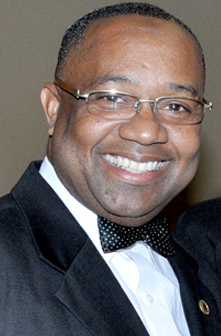
It’s been approximately 15 years since Proposition 21 was passed by the voters of California. The voters were given a host of statistics which showed the rise in youth violence, but were never given the causes for this rise in crime. The statistics were proportional as it related to Blacks, Latinos, and Whites, but the laws being introduced would have a greater impact on the Black and Latino Communities. By showing violence in some communities and not in others, labeling most crimes committed in Black and Latino communities as “gang related” before any investigation was done – the media helped to put fear in the voters, so that they would support propositions such as Prop. 21. Proposition 21 was introduced as the Gang Violence and Juvenile Crime Prevention act of 1998. At the same time, we were fighting against Three Strikes (Proposition 184), racial profiling, and other attacks against the Black community that came in the form of legislation, policies, and procedures. The Honorable Minister Louis Farrakhan, my teacher, warned back in 1987, up to the Million Man March, and now, that the so called war on drugs was a war on Black Youth, and the Black Community in general.
While today’s fight for justice may be new to some, many people and countless hours were put into fighting against these Propositions. I can remember working with Dr. Cleo Malone, Walter Kudumu, Voice and Viewpoint, San Diego Monitor, and others to oppose Proposition 21 back in 1999. We saw these propositions (Prop. 21, Three Strikes, Prop. 184) as racist pieces of legislation that were aimed at Black and Brown youth in particular. The
set up in this conspiracy is rooted in the formulation of Cal Gangs and the documentation of our youth as gang members, (years before the passing of Prop. 21 and Prop. 184) which makes them vulnerable to these laws. This brings me to penal code 182.5! Several of the young men unjustly accused by District Attorney Bonnie Dumanis could not have been charged with a conspiracy under PC 182.5 if they were not documented as “gang members” (please read last weeks Voice and Viewpoint about PC 186.22 sentencing enhancement). Keep in mind, several of these young men had no criminal record; some were working in state, others working out of state; there was no physical contact with so called gang members; and they were not known to have taken part in these, or any other crimes. If this was your child, what adjective would you use to describe the District Attorney’s, and her office’s behavior? At the SD town hall meeting this past Sunday such words as wicked, unfair, unjust, dangerous precedent, hurtful, among others, were shared. As Ms. Dumanis has been very visible and active in our community, her absence from this Sunday’s SD town hall meeting was even more visible and recognized. I would hope that now that the judge has ruled on the case the District Attorney will come back to the community to answer those questions she said could not be answered because of an on going case.
I would personally like to thank all that supported our young men during this time, and fought against the injustice; the names are too numerous to mention them all here. The fight must go on – this is only round two of a 15 round fight. Let us not celebrate too much, and let us not fall back to sleep. Next week, God willing, I will recommend some steps forward for us here locally, as well as state wide.
Best Wishes for Our Success.
Hugh Muhammad
Mr. Muhammad is Student Minister of Muhammad Mosque No. 8 and the Local Representative of The Honorable Minister Louis Farrakhan. He is a well known and sought after advocate for community, political, religious, and social reform in the local, national, and international arena.



